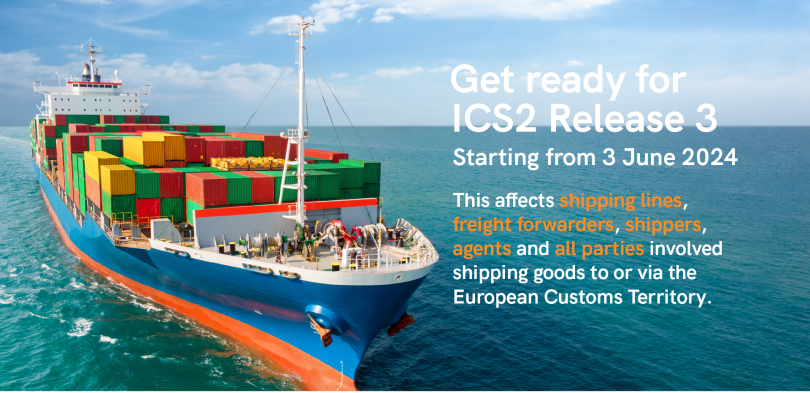Logistics Trade Bodies Urge Action on New EU Import Rules
Global and European trade associations representing shippers, forwarders, and vessel operators have issued an urgent alert for businesses involved in goods movement into or via the European Union, Norway, Switzerland, or Northern Ireland by sea, road, or rail. These businesses must prepare for the new Import Control System (ICS2), which will begin its phased introduction from June this year.
Read also: 3 Strategies for Importing Goods From the U.S. to Europe
The World Shipping Council, the International Federation of Freight Forwarders, the Global Shippers Forum, the European Community Association of Ship Brokers and Agents, the European Community Shipowners’ Associations, the European Associations for Forwarding, Transport, Logistics and Customs Services, the European Shippers Council, and the International Road Transport Union have highlighted the significance of the new controls and their impact on goods movement within the European Customs Territory.
The ICS2 is an enhanced safety and security regime established by EU Customs authorities, requiring detailed information about imported goods before loading or arrival at the EU border. Initially applied to air cargo in 2023, the requirements will extend to sea transport from June 2024 and to road and rail imports in 2025. The extensive new data requirements include 6-digit HS codes for each item, an ‘acceptable description,’ and detailed buyer and seller information.
The trade bodies emphasize the importance of awareness and understanding of how ICS2 will affect different entities in the supply chain at various stages. They urge businesses to start preparing now and to consult the European Commission’s website for detailed information.
Non-compliance with ICS2 requirements will result in delays, disruptions to exports and imports, and potentially fines and penalties for those responsible for submitting the necessary Safety and Security data.
The joint call to action by the eight trade bodies underscores the need for cooperative working among all parties involved in shipments to maintain smooth goods movement.





Leave a Reply